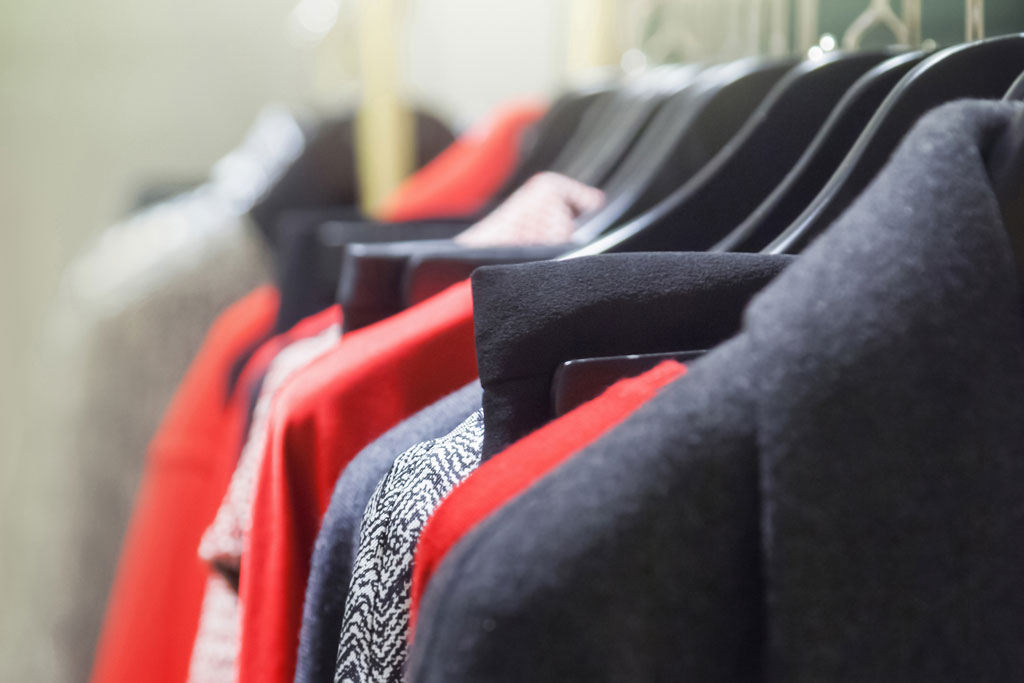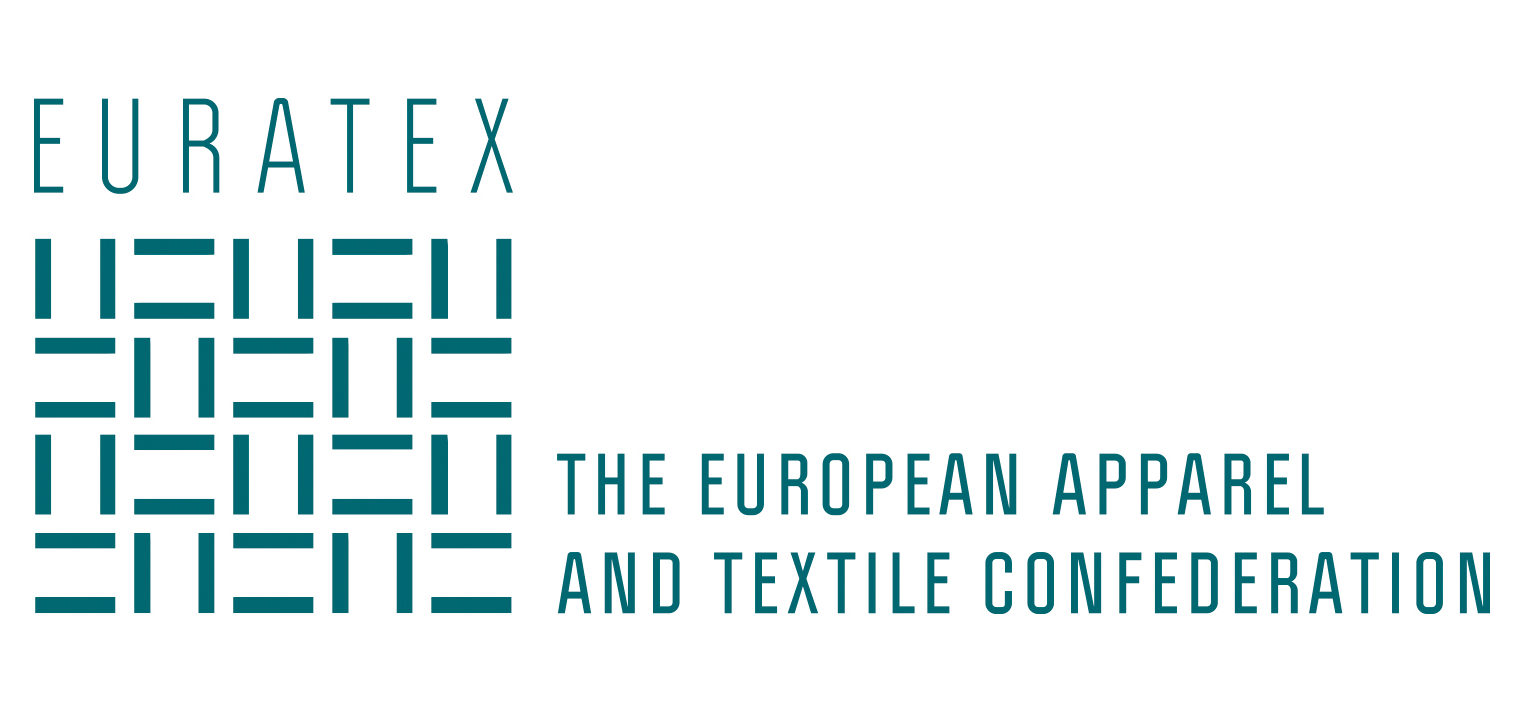
The European Apparel and Textile Confederation (EURATEX)’s main objective is to create an environment within the European Union which is conducive to the manufacture of textile and clothing products. Textile and apparel manufacturing is an essential pillar of local economy across the EU regions. EURATEX member federations represent in the EU some 171,000 companies with a turnover of €178 billion, employing 1.7 million workers.
The European Branded Clothing Alliance (EBCA) is a coalition of European and global retail clothing brands with a strong European footprint, working together to promote fair global value chains. Between us we represent more than 60 brands and employ over 150,000 people in our European operations.
Representing more than 1,000 world famous name brands, the American Apparel & Footwear Association (AAFA) is the trusted public policy and political voice of the apparel and footwear industry, its management and shareholders, its 4 million U.S. workers, and its contribution of 400 billion in annual U.S. retail sales.
EURATEX, EBCA and AAFA are deeply concerned by the EU and US planned commercial measures pursuant to the two WTO cases on the Large Civil Aircraft Dispute. Imposing additional tariffs on Travel Goods, Textiles, & Clothing products is going to adversely affect companies and consumers on both sides of the Atlantic.
The US preliminary list of targeted products includes yarns (high tenacity aramids and polyester), home textiles (carpets, bed linen, blankets), some clothing items (dresses, sweater, suit, swimwear), and a travel goods item (handbags). The EU list includes raw cotton and cotton waste, as well as travel goods including those of textile materials.
Therefore, EURATEX, EBCA and AAFA strongly oppose the additional tariffs for the following reasons:
• The items targeted have no bearing or relationship to the underlying dispute on larger civil aircraft.
• The additional tariffs will harm exports to the US and the EU, and thus reduce both EU and US textile & apparel companies’ competitiveness.
• Raising tariffs also harms US and EU producers and distributors of the tariffed items. Being imposed on top of high tariffs that are already paid, these extra tariffs add costs to the supply chains, coming at the expense of manufacturing jobs and investments in innovation.
• The additional US and EU duties could be imposed soon, causing uncertainty in the industry, endangering future sales, and fostering unpredictability that restrain investments;
• Long-term trade relationships between European and US companies are at risk due to these tensions.
Finally, EURATEX, EBCA and AAFA urge both EU and US governments to step up trade talks on industrial goods to eliminate tariffs and reduce trade barriers to promote effective regulatory cooperation.
